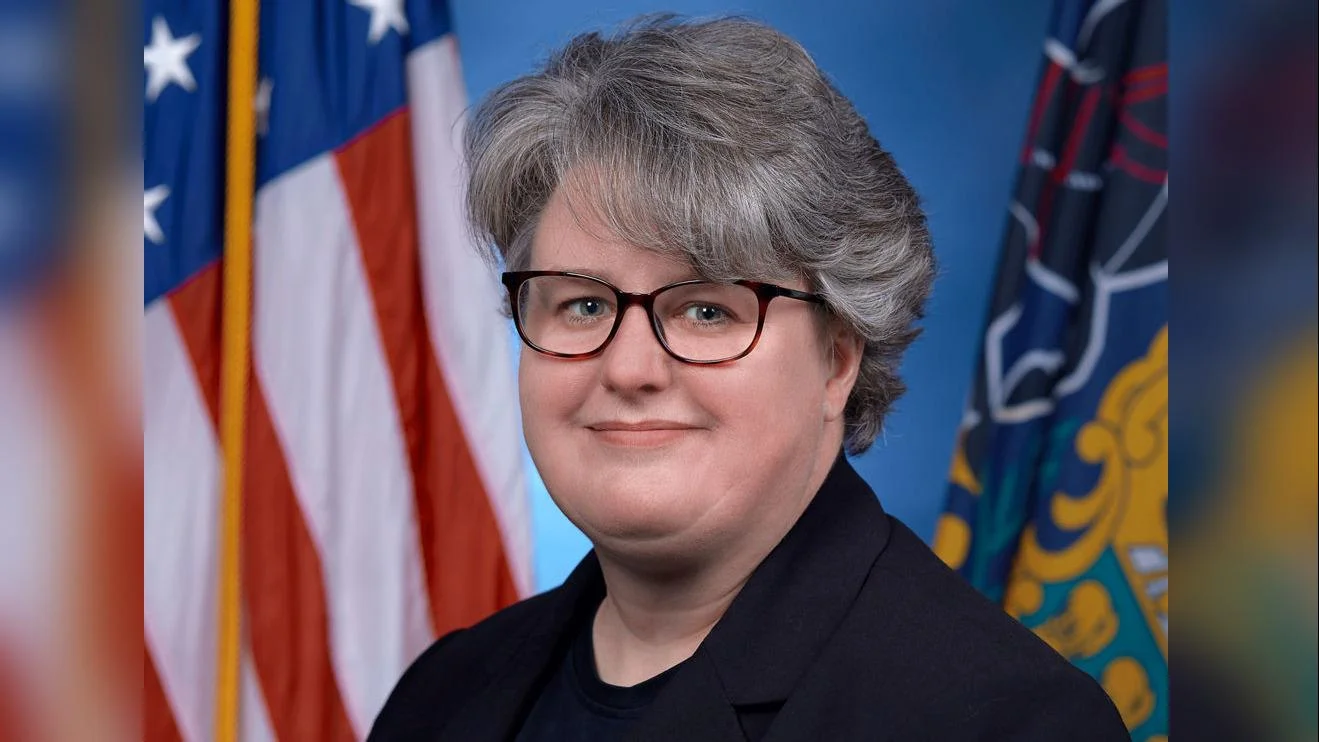
Dr. Michele Harmala - Deputy Superintendent, Educator Excellence, Career and Technical Education, Special Education, and Administrative Law | Michigan Department of Education
Amid proposed federal changes that could affect access to free and reduced-price school meals, Michigan officials emphasize the significance of school nutrition programs. A pending proposal in Congress, introduced by House Budget Committee Chair Jodey Arrington, suggests raising the qualification threshold under the Community Eligibility Provision from 25% to 60%. This change could mean many Michigan families would need to start paying for meals currently provided at no cost.
Local officials underscore the potential impact of these cuts. Dawn Pully, Director of Food Service at Bendle Public Schools, highlights the reliance of many children on these meals. Located in Genesee County, Bendle serves 1,002 students, with 88% economically disadvantaged, offering meals that include fruits, vegetables, whole grains, lean proteins, and low-fat dairy.
The Michigan School Meals Program, unique to only a few states, provides free meals to all public school students and has led to increased breakfast and lunch participation. With this program, a 31% rise in students eating breakfast and a 25% increase in lunch participation have been noted since its inception in the 2023-24 school year.
Dr. Michael F. Rice, State Superintendent, emphasizes the connection between nutrition and academic success and the state's goal to improve learner well-being. Brighton Area Schools' Richard Browder notes how universal meal provisions eliminate stigma, allowing students to eat without feeling singled out for receiving free meals.
###






 Alerts Sign-up
Alerts Sign-up